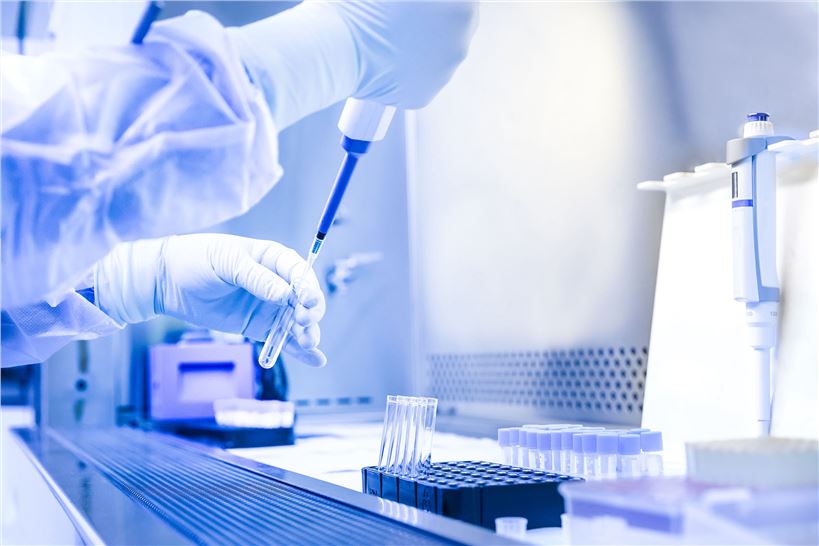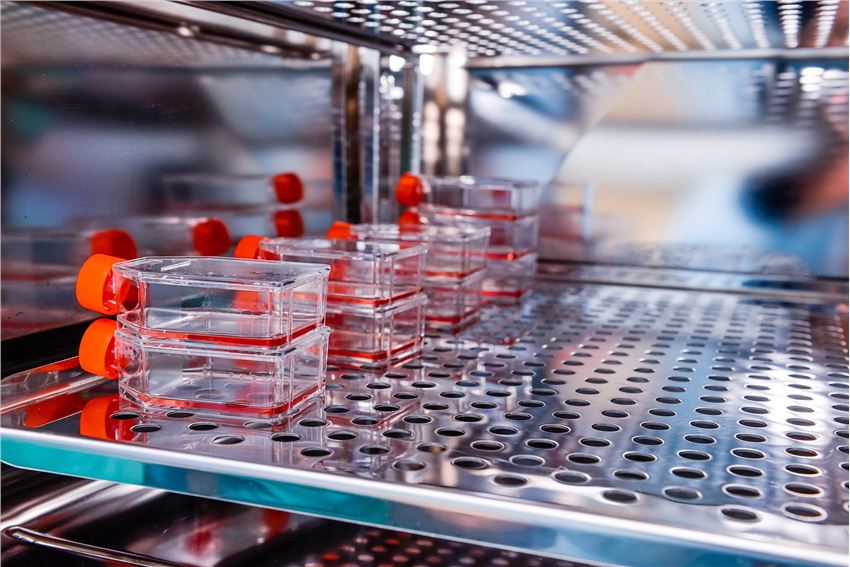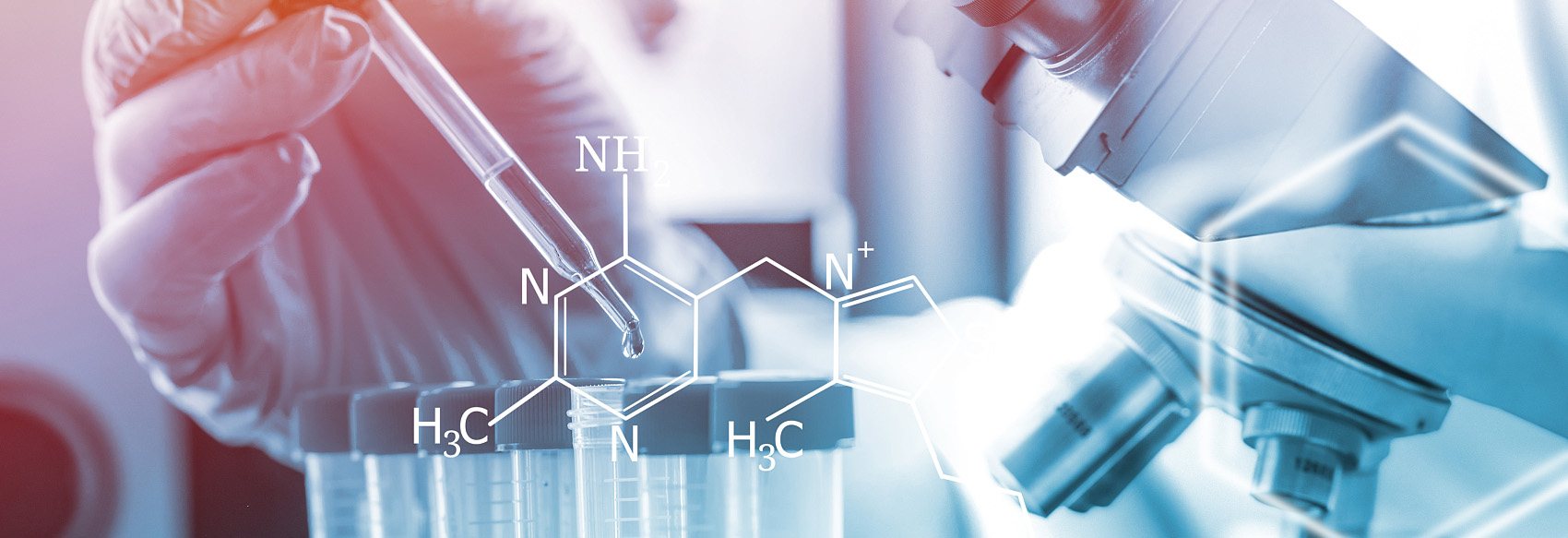The genetic toxicology laboratory is Our company's focus laboratory that conducts research to assess genotoxicity and mutagenic potential as well as the endocrine disrupting potential of many classes of substances. With extensive expertise in testing pharmaceuticals, chemicals, agrochemicals and mixtures, our laboratory team will provide the scientific resources and expertise our customers need.
Our laboratories have the experience to not only meet the testing needs of our diverse customers but also to perform in vitro analytical validation studies. Our tests comply with current international guidelines to ensure their global acceptability.
Features of our services include:
From screening through investigational new medication filings, Our company's genetic toxicology lab assists customers in characterizing the potential genotoxicity of substances. Our team of experienced analytical and bioanalytical experts, toxicologists and statisticians has supported genetic toxicology research since its inception.

Our scientists conduct comprehensive and up-to-date in vitro toxicological research while working in cutting-edge facilities. By focusing on specific targets in cells and tissues, these investigations improve human response predictability, accelerate turnaround times, offer independent data for certain endpoints, and aid in the screening and sequencing of compounds.
The scope of our genetic toxicology studies is as follows.
- In vitro micronucleus test.
- In vitro chromosomal aberration test.
- Mammalian erythrocyte micronucleus test.
- Mammalian bone marrow chromosome aberration test.
- Bacterial reversion mutation test
- HPRT cell mutation assay.
- In vitro skin irritation test: reconstructed human epidermis (RHE).
- In vitro skin corrosion test: reconstructed human epidermis (RHE).
- In vitro 3T3 NRU cytotoxicity assay.
- In vitro 3T3 NRU phototoxicity assay.
Cell Room Facilities
Biological Inverted Microscopes
Inverted microscopes are valuable laboratory tools for many life science imaging applications, but are particularly well suited for cellular analysis. Our company has the Olympus IXplore Standard research-grade microscope system for the observation of live cells (cultured cells). Olympus inverted microscopes use advanced acquisition techniques and are capable of viewing cells through the use of fluorescence and bright-field imaging modes to suit a variety of research objectives.
Carbon Dioxide Incubator
A versatile piece of laboratory equipment used in a wide range of applications such as cell and bacterial culture, Our company has Thermo Scientific CO2 incubators that offer reliability, excellent contamination control and innovative features for optimal growth conditions and experimental reproducibility to meet the most demanding cell culture and laboratory requirements.

Low-speed Frozen Centrifuges
Low-speed centrifuges are used for the extraction of serum, plasma, body fluids and biological specimens for pharmaceutical products, blood banks, clinical trials and biological laboratories.
Our company has the Benchtop low-speed refrigerated Centrifuge BCBLR-102, which provides a variety of low-speed separations at maximum productivity and reliability.
Thermostatic Incubation Shaker
The constant temperature incubation shaker is a temperature-controlled incubator and oscillator combined laboratory instrument for cell culture, fermentation, hybridization, biochemistry and enzyme and cell tissue research where temperature and oscillation frequency are important.
Our company has a FAITHFUL constant temperature shaking incubator for the culture of microbial cells and various strains of bacteria in motion and at rest.
If you have any questions about genetic toxicology, please feel free to contact us.
Related Services
It should be noted that our service is only used for research, not for clinical use.


